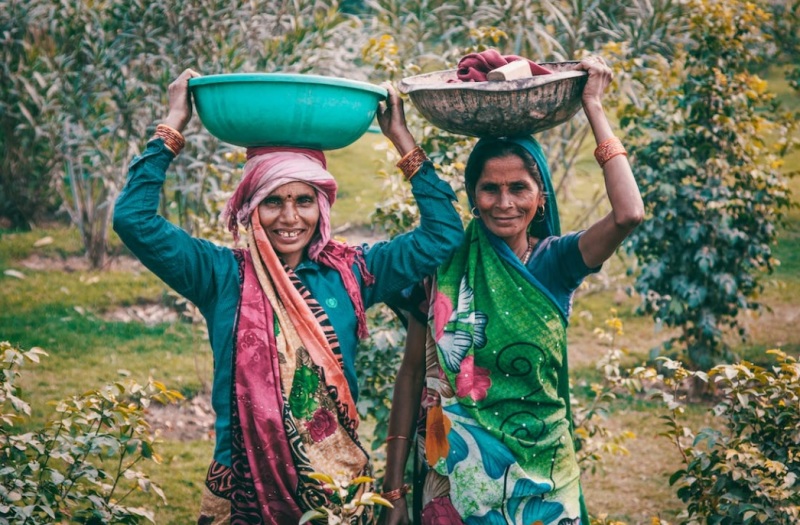
The Kerala Catholic Bishops Council (KCBC) had recently asked the country's federal government not to oppose moves to extend reservation quotas to Dalit Christians and Muslims across India.
KCBC unanimously approved on Dec. 7 a resolution that it aims to present to the Hindu Bharatiya Janata Party, which controls the federal government from the capital city of New Delhi.
Importance of the Resolution
According to a UCA News report, the Indian Catholic bishops are optimistic that the ruling party would grant their request for a favorable ruling on the matter.
"We will submit our resolution to the federal government... [hoping] it will take a favorable stand towards the genuine demand for reservations," UCA News quoted Fr. Jacob Palakappilly saying.
Father Palakappilly is the spokesperson for KCBC.
If approved, Dalits who identify as Muslims and Christians would enjoy reservation benefits given to Sikh, Hindu, and Buddhist Dalits.
Based on official records, at least 60% of the country's 25 million Christians are of Dalit origins, while others are from different tribal communities. The news outlet added that out of India's 1.2 billion population, 201 million people are classified as socially deprived, including Dalit Muslims and Christians.
Also Read: Pope Francis Tells Ukrainians 9 Months After Start of War With Russia: 'Your Pain Is My Pain'
'Equal Treatment for All Dalits'
The news outlet bared that India's Supreme Court is hearing several petitions that would do away with the religious criteria imposed on Dalit Christians and Muslims before being granted reservations.
Currently, Muslim and Christian Dalits are granted 15% quotas on education, civil service jobs, and legislature (state and parliament).
Such motions stem from the present system that favors Buddhist, Sikh, and Hindu Dalits, effectively depriving Dalit Christians and Muslims of equal benefits based on their religious beliefs.
Father Palakappilly argued that the country's constitution "does not discriminate [against] anyone based on religion." For this reason alone, he said Dalit Muslims and Christians must enjoy similar reservation benefits enjoyed by Dalits practicing other religions.
Aside from citing the constitution, Father Palakappilly also referred to the recommendation in the 2007 report by Justice Ranganath Misra Commission for Religious and Linguistic Minorities.
The report said Dalit Muslims and Christians should have reservation benefits, which contrasts the reason given by the federal government's lawyer for rejecting the report's recommendation.
The lawyer argued that the Commission did not conduct stakeholder consultations and used 'unquantifiable data' as the basis for its recommendation.
On Nov. 9, the federal government said Islam and Christianity are 'foreign religions' that do not conform with the country's caste system, which is why it is not inclined to grant the petitions from Muslims and Christians of Dalit origins.
On Oct. 6, the federal government said it is creating an inquiry commission led by Justice K.G. Balakrishnan, India's former Supreme Court top magistrate.
The Commission will examine the viability and possible effects of granting reservation benefits to Dalit Christians and Muslims. The federal government directed the Commission to provide them with a report two years after its creation.
Related Article: Police Raid Home, Office of Two Bishops Accused of Multimillion Rupee Fraud in India

















